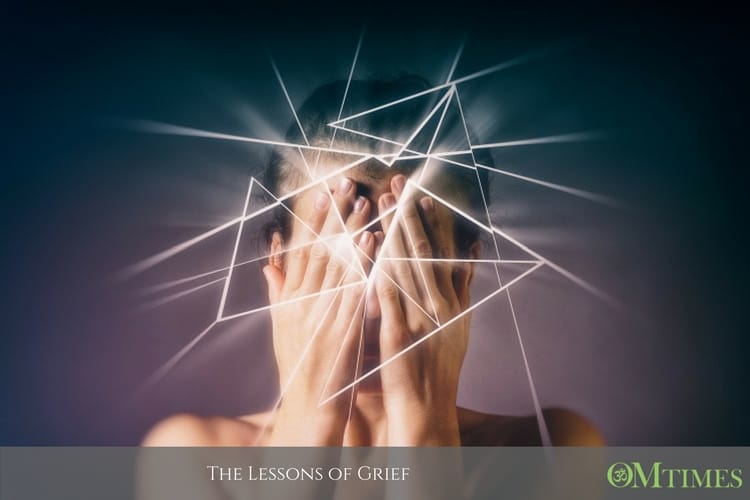The Lessons of Grief

Grief can bring out both the best and the worst in a person.
Lessons Grief Taught Me
 When I was 25-years-old, and early on in my medical training, I got a phone call from my mom one day. With no preamble, she blurted out, “She’s gone!”
When I was 25-years-old, and early on in my medical training, I got a phone call from my mom one day. With no preamble, she blurted out, “She’s gone!”
At first, I didn’t know who mom was talking about. Then she said the name. It was Esther, my infant niece. Inconceivably, Esther had received a clean bill of health at her six-month check-up, but then two weeks later while she was sleeping in her crib, my brother noticed her suddenly turning blue. By the time the paramedics arrived, she was gone. At the hospital, they called it “crib death.”
I was utterly unprepared to hear that my healthy baby niece — the first grandchild in the family — had died suddenly and for no apparent reason. I got off the phone in a state of profound shock and grief.
What followed was a strange time for the family. It was a time of firsts — the first loss of a young person, the first time that my brother (who was usually so stoic and unemotional) asked me for help, the first time I saw my father cry.
It was also a time of shifting roles in the family — my brother became the vulnerable one, my father for a change had nothing to say and me, the shy one, I became the go-to person. The one who ran interference after the funeral, screening who could go in to see my brother, and who would be directed elsewhere, as he sat alone in a quiet back room.
I discovered reserves of strength within myself, in my ability to comfort and support those around me and in my capacity to return to school, to focus on my studies and finish writing the exams that had been interrupted by the funeral.
It was my first lesson in how tragedy and grief can bring out the best in people, or the worst, and my realization that we all have an important choice to make at such times.
When you hear the dreaded words, “she’s gone,” or “he’s gone,” as horrible as this may be, it’s an opportunity to rise to the occasion. Or you can fall into despair.
When your heart is broken, you can let it be broken open to feel more love and compassion for yourself and others. Or, you can close up tightly against your pain, withdrawing from others or lashing out in confusion and rage.
This was the first significant loss I experienced, but it wasn’t the last, and since then, every time I’ve found myself aching with that familiar pain, I’ve been reminded of the choice we all get to make when stricken by grief.
Each of us gets to ask ourselves: Will I let this situation bring out my best self or my worst? Will I choose to be there for myself and others or will I decide to fall apart?
Grief is a tragedy, but it’s also a gift. When it comes to you, as it most assuredly will someday, which choice will you make?
You will also enjoy 6 Energetic Techniques for Emotional Detoxing
About the Author
Marcia Sirota MD FRCP(C) is a board-certified psychiatrist, that does not ascribe to any one theoretical school. Rather, she has integrated her education and life experiences into a unique approach to the practice of psychotherapy. She considers herself a realist with a healthy measure of optimism. Sign up here for her free monthly wellness newsletter.
Dr. Marcia Sirota is a Toronto-based board certified psychiatrist specializing in the treatment of trauma and addiction, as well as founder of the Ruthless Compassion Institute, whose mandate is to promote the philosophy of Ruthless Compassion and in so doing, improve the lives of people, everywhere.




